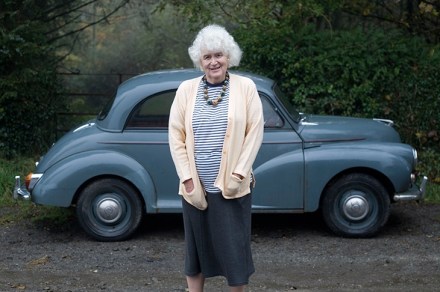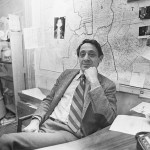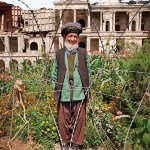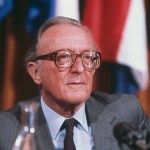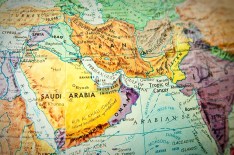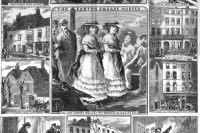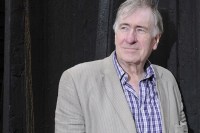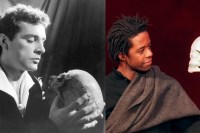No longer the tough guy
Only to Sleep is the third Philip Marlowe novel written by someone other than Raymond Chandler and while the authors of Perchance to Dream and The Black-Eyed Blonde both found freedom to play with Marlowe and explore his potential, it is Lawrence Osborne who has run the furthest with the source material. The novel opens in 1988, with Marlowe living in retirement in Baja, Mexico. He is 72, and enjoying a leisurely life in the sun, when he is asked to take on one last investigation into insurance fraud. A Reagan-era Marlowe unlocks an aspect that Chandler never considered. His Marlowe was ageless (he wrote that the detective was around



